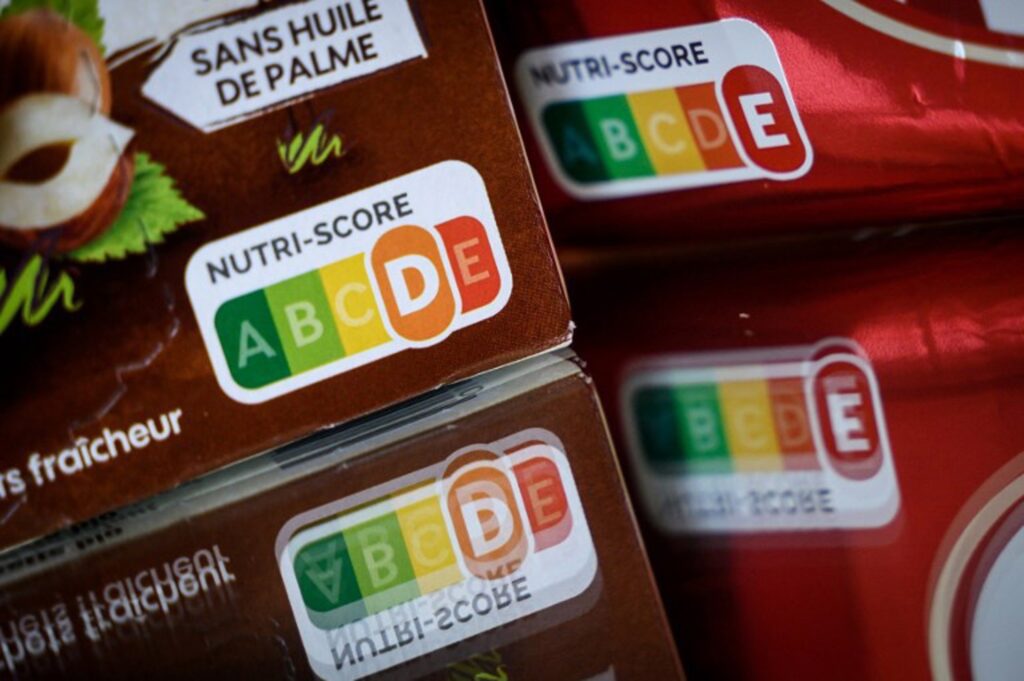Food labelling is meant to help consumers make informed purchasing decisions. However, claims, logos, and other "scores" can be confusing or even misleading, according to the European Court of Auditors in a report published on Monday.
European rules ensure labels provide basic information such as nutrition facts, allergens and expiry dates. However, brands also use optional information to attract consumers, with 222 claims such as "healthy," "organic," and "gluten-free" being permitted.
The European Commission's scientific evaluation of around 2,000 "botanical claims" – related to plant-based substances – has been on hold since 2010. As a result, consumers may encounter unfounded and potentially misleading information.
Claims such as "source of fibre" or "rich in protein" might even appear on chocolate bars with 35% sugar content. According to auditors, nutritional and health claims are permitted even for unhealthy products high in sugar, salt, or saturated fats.
Nutritional profiles were supposed to solve this issue by setting limits beyond which health claims would be banned. These profiles were planned for implementation in 2009. However, the European Commission ultimately did not propose legislation on the matter.
The European Commission also failed to implement mandatory harmonised front-of-pack nutritional labelling across the EU. Countries such as Belgium, France, Luxembourg and the Netherlands recommend the "nutri-score" system, but there is no consensus on a single system for the entire EU.
Terms like "fresh," "natural," and "green" are not clearly regulated, leading to products being marketed as healthier or more eco-friendly than they are.
Related News
- Nutri-Score on packaging contributes to healthier food choices, survey shows
- Nutri-Score system could be rolled out across the EU
Despite these problems, consumer education is not a priority. The EU allocated only €5.5 million to food labelling awareness actions between 2021 and 2025, and consumer information campaigns by Member States are sporadic.
Companies can exploit weak controls and sanctions. While mandatory label elements are generally well-regulated, optional information (such as health claims) or online food sales are seldom checked.
Penalties for violations are also insufficiently deterrent. In Belgium, between 2020 and 2023, the average fines were €651 in the retail sector and €1,197 in the processing industry, although fines can theoretically reach up to €80,000.
The report concludes with several recommendations to the European Commission: addressing legal gaps, assessing consumer needs to improve label comprehension, and strengthening enforcement mechanisms.

